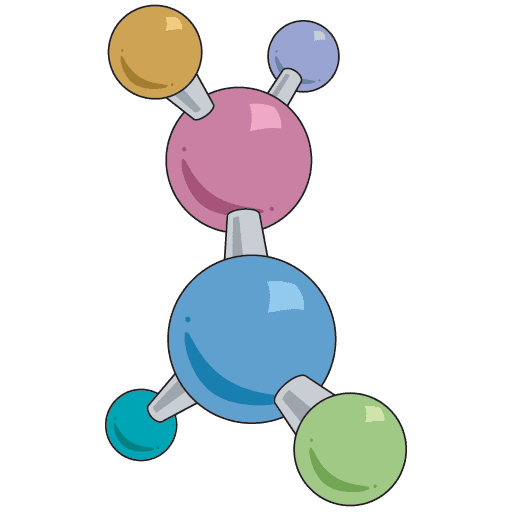Something Known This Way Comes
If you are reading this, setting aside for a moment the fact that some of you have had mere challenges where others suffered outright tragedies, I want you to focus on why it is you are still standing today.
On its face the pandemic emerged as an equal opportunity afflicter. It inveigled its way into society, directly attacking some, undermining others, affecting us all by proxy at least. And yes, some would claim a net benefit from the experience. What have you done to weather the storm? More importantly, what will you do to better deal with – or even avoid – a similar thing happening again? To what lengths would you go, what would you sacrifice and legislate against to safeguard yourself and future generations?
There is nothing new here
Much has been written about the pandemic of 1917. The First World War was three years into scything down the promise of that generation. Not hard to imagine a viral plague was doubly unwanted, doing to the next generation what the war had done to the current one. More peculiar was the speed in which the pandemic horrors were closeted away once the crisis passed. Add to that, the First World War was to have ended all wars. Look how that turned out. In both cases the war and the influenza conjured responses ensuring their return rather than their demise.
Niall Ferguson, in his 2021 book “Doom” mentions how on some level a natural disaster is a misnomer. Tsunamis hitting the beaches of a deserted islands, much like a tree falling out of earshot in a forest, are not disasters – if they even register as events. What makes a natural occurrence a disaster is how it affects the lives of people congregated near it or in its path.
The fact that insurance actuaries run numbers on natural events tells us all we need to know: with some likelihood, shit happens. The fact is, knowing the risk is different from eliminating it. Buying insurance may safeguard an investment, but what good will that do you when the tsunami carries you a mile inland before sucking your remains and all the other detritus out to sea?
Disasters are almost always known and foreseeable. That they take us unawares is either totally natural given our denial of the potentialities, or avoidable given the availability of alternatives.
They say there is no cure for the common cold; yet, I have not had one – nor do I know of anyone else who has – for over two years. So, what have we done during this time of COVID that has defeated the cold virus? Well, I suspect the recipe can be found in physical distancing, masking, regular hand washing, and wiping down work surfaces (ignoring vaccines for the moment). So, while I would not recommend COVID-level measures, I suspect hand washing, masking or staying home when afflicted would go a long way. Will I do that? Will you? Maybe some, maybe not. Time will tell, but the solution to the common cold is known – if viewed simply as a natural occurrence.
Where do the interests of my fellow citizens coincide my own self-interest?
John Donne famously wrote in 1623:
No man is an island entire of itself; every man
is a piece of the continent, a part of the main;
if a clod be washed away by the sea, Europe
is the less, as well as if a promontory were, as
well as any manner of thy friends or of thine
own were; any man’s death diminishes me,
because I am involved in mankind.
And therefore never send to know for whom
the bell tolls; it tolls for thee.
Donne laments isolationism, that as we morn the loss of anyone, we should be mindful of caring for one another to avoid loss. Similarly, we wrestle with our preparations for disaster’s return. On the heels of one, we swear we will do all in our power to avoid the next. Then economics and actuarial science kick in. Foolish as it is to believe lightning will not strike the same spot twice (ask any lightning rod), it is reasonable to believe that yesterday’s hurricane will not be followed by another one tomorrow. Death, disability, or disenfranchisement are equally disastrous at the individual level. The fact that a tornado may have only taken one life, while another took dozens is no different, one to the other, when you consider any one life that was lost.
It is a persistent and aggravating irony that effective restrictions or regulations are decried as erosions of freedom so soon after having proven their effectiveness. Those who would have them removed wave as evidence that the regulations are claiming to prevent a problem that no longer exists. And it was only a generation ago that the world was wailing for respite: “We must do everything in out power to ensure this doesn’t happen again.” Nowhere did we set a term limit.
I propose that any move to lift a sanction or drop a regulation should have as its first requirement a re-litigation of the reasons and rationale that saw the sanction or regulation being imposed in the first place. That they simply caused difficulty and hardship, while arguably material, are not enough. Please provide input in the Comments below.
Just as we rebuild on floodplains after the flood, dangle properties at the edge of cliffs, and gaze from our living rooms, out to the horizon where the sky meets the sea, we will drop our hand-washing etiquette, gather more closely with people less familiar, over-use antibiotics, squander resources, and have one more for the road – all in the interest of living life to the fullest.
May life be truly full and available to those who come after us. But what, if anything, to you propose to do to sustain life in a sustainable world. Let me know in the comments.
